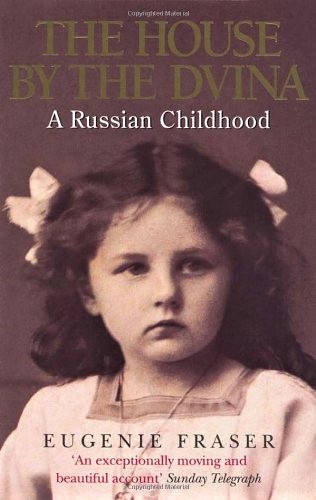Between me and my Russian collaborator Nataliya this morning. We are working together on translations of Pitirim Sorokin’s early works from Russian into English.
*****************************************************
NATALIYA
I don’t see a problem with the translation of the poem.* I know that there are many good translations of nineteenth-century Russian poetry into English. I myself saw such publications in the Library of Valdosta State University.
Lermontov is a great Russian poet of the nineteenth century, the second after Alexander Pushkin. Unfortunately, he did not live long. He was killed in a duel when he was only twenty-seven years old. Of course, his poems were translated into English.
We just need to find these translations. If I could go to Moscow or St. Petersburg, I would find them in the library, but this is not possible yet. Let’s not rush it. This is not the only poetic quote in Sorokin’s book. While we can find translations on the internet, then we will check and search in high-quality and reliable publications. We don’t need professors for that.
*Дума (Mediation), a poem by Mikhail Lermontov, from which Sorokin quotes several lines
*****************************************************
ROGER
Thanks for the message and wishes, Natalia.
An internet friend of mine, Elisabeth van der Meer, has a site in English devoted to Russian literature. I like her site. She always reads my stuff. She had a recent post about Lermontov:
Of course, I had heard of Lermontov but knew very little about him, and still do (know little).
I will get back to Sorokin soon.
You might like this post of mine:
spring (as seen by The Bard, by Tolstoy; and felt by us all, myself included)
I became engrossed in Tolstoy in my mid-twenties. I read his major novels pretty much in a row. When I read the passage about spring at the opening of Воскресение [Resurrection], it made a powerful impression on me. Around that time, I also got into Chekhov, briefly — but, again, I found his works unforgettable.**
All of this was in English translation.
The thing about the passage about spring (Tolstoy’s) that impresses me greatly is how Tolstoy is the great realist, descriptive novelist — nothing is fanciful — “All is true,” as Balzac said at the beginning of one of his most famous novels novels, Père Goriot — yet there is always a weighty level of deep philosophical meaning.
Herman Melville comes closest to achieving this among the great American writers.
** Especially, in my case, a lesser known Chekhov work: Остров Сахалин (translated as The Island: A Journey to Sakhalin); not the most artistic of Chekhov’s works, but I found it very powerful.
*****************************************************
NATALIYA
Dear Roger,
Elisabeth has a wonderful website. Her post about Lermontov is great. I knew about Lermontov’s Scottish roots, but she told about it so interestingly and beautifully. I’m going to the North Caucasus in the summer, just in those places that are associated with the biography of Lermontov and his death. There are very beautiful museums and monuments there. I’ll send you photos.
I also love Leo Tolstoy and believe that at every age, at different stages of life, people discover new content in his works. He is a child of his own time and at the same time timeless. That makes him great.
*****************************************************
ROGER
Tolstoy is the best novelist ever! Competitors? I would say Herman Melville (one great book), Victor Hugo (same), Charles Dickens. And, yes, Tolstoy is timeless.
P.S. The House by the Dvina by Eugenie Fraser is an interesting book. I bought it in London during a trip overseas.
— posted by Roger W. Smith
March 7, 2021; updated March 10








